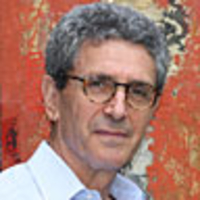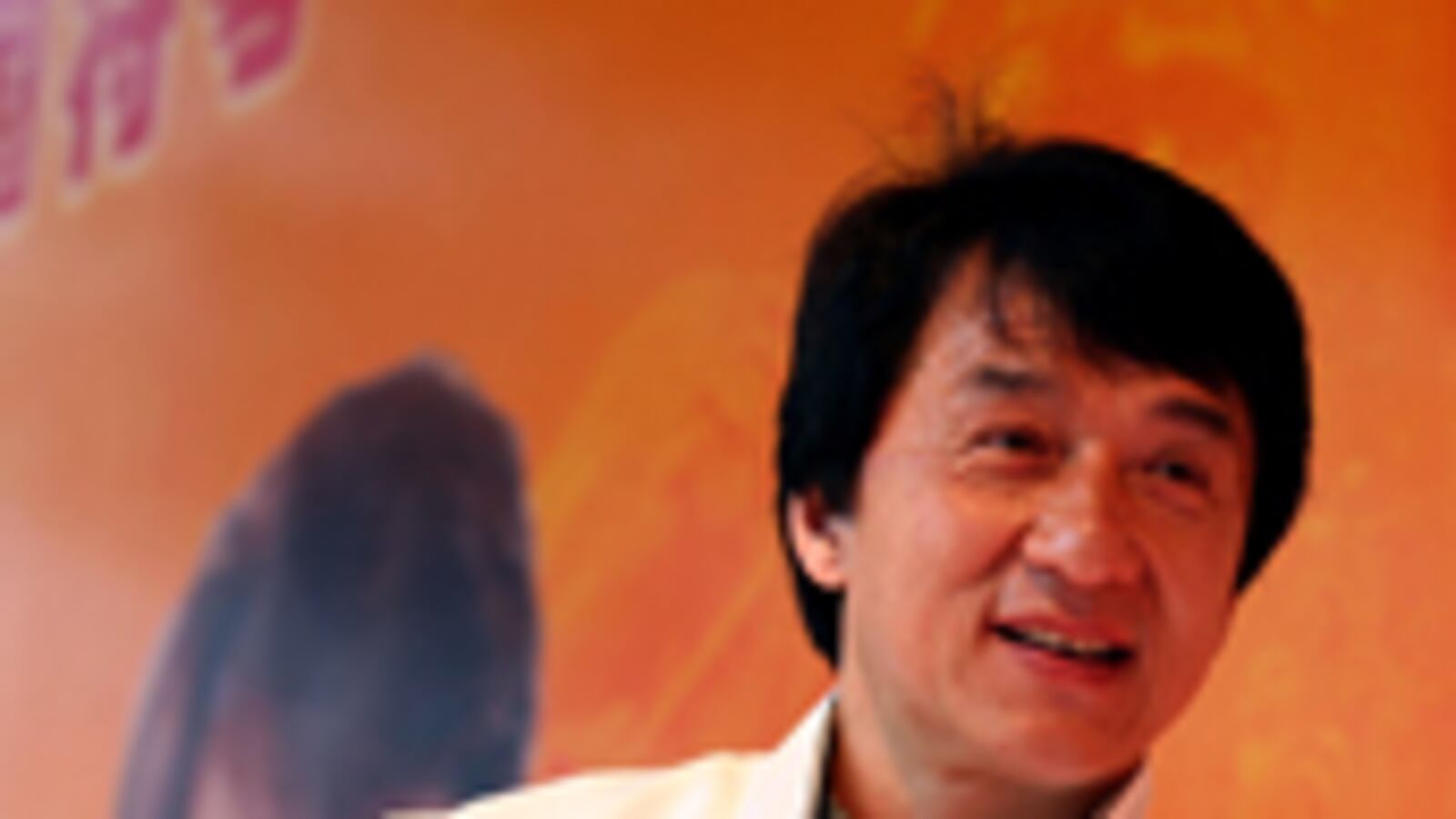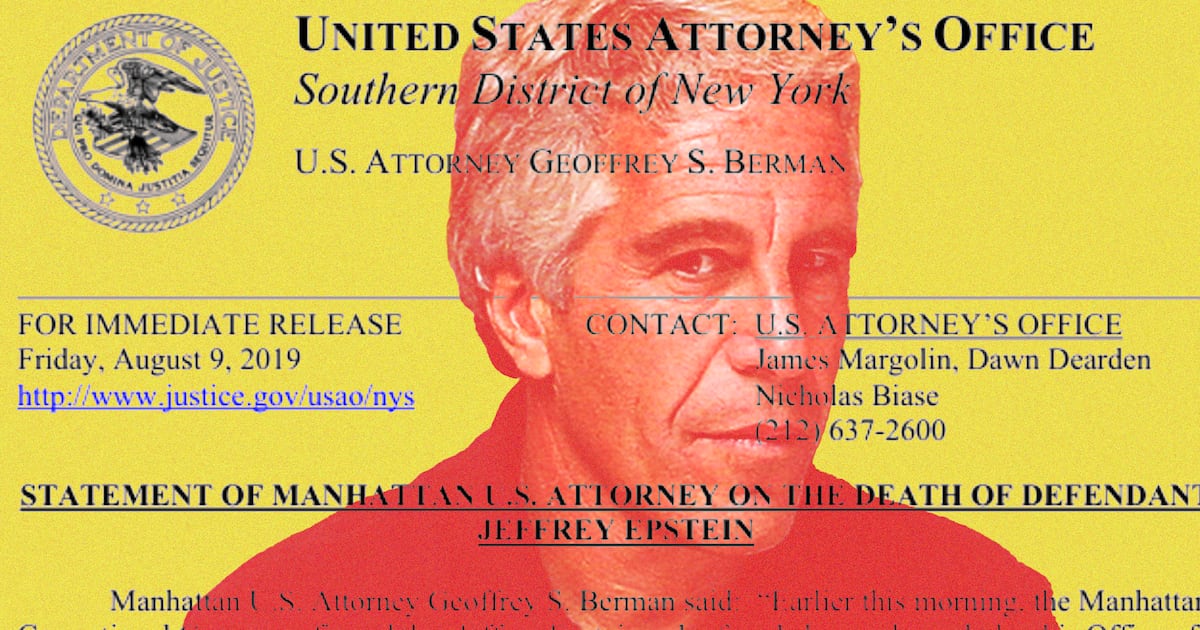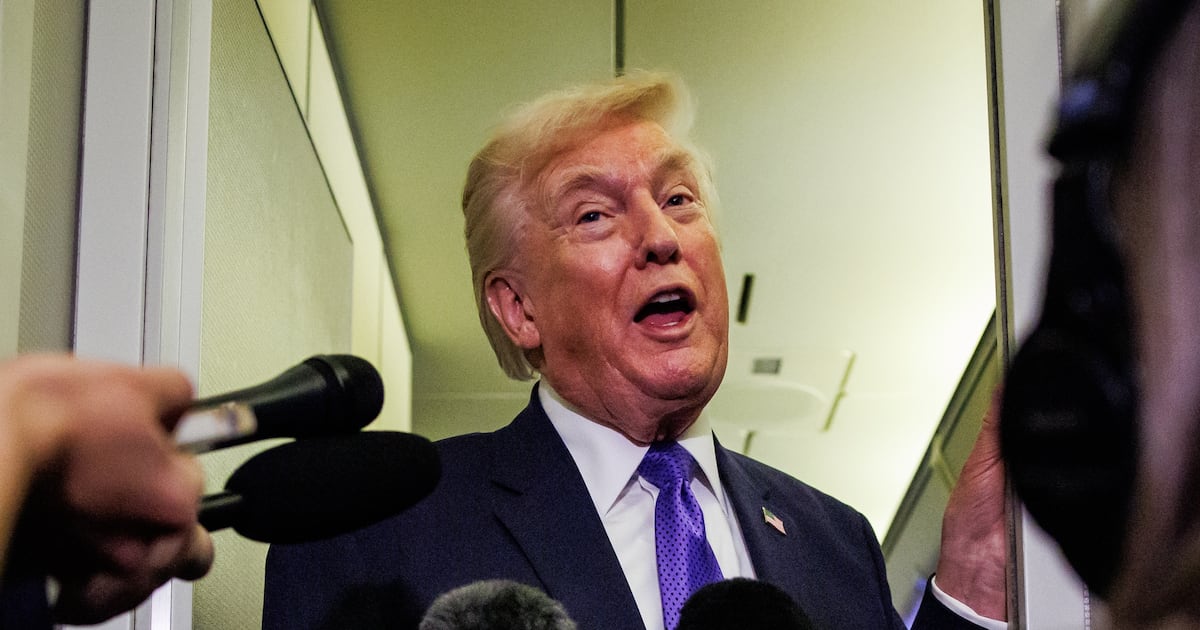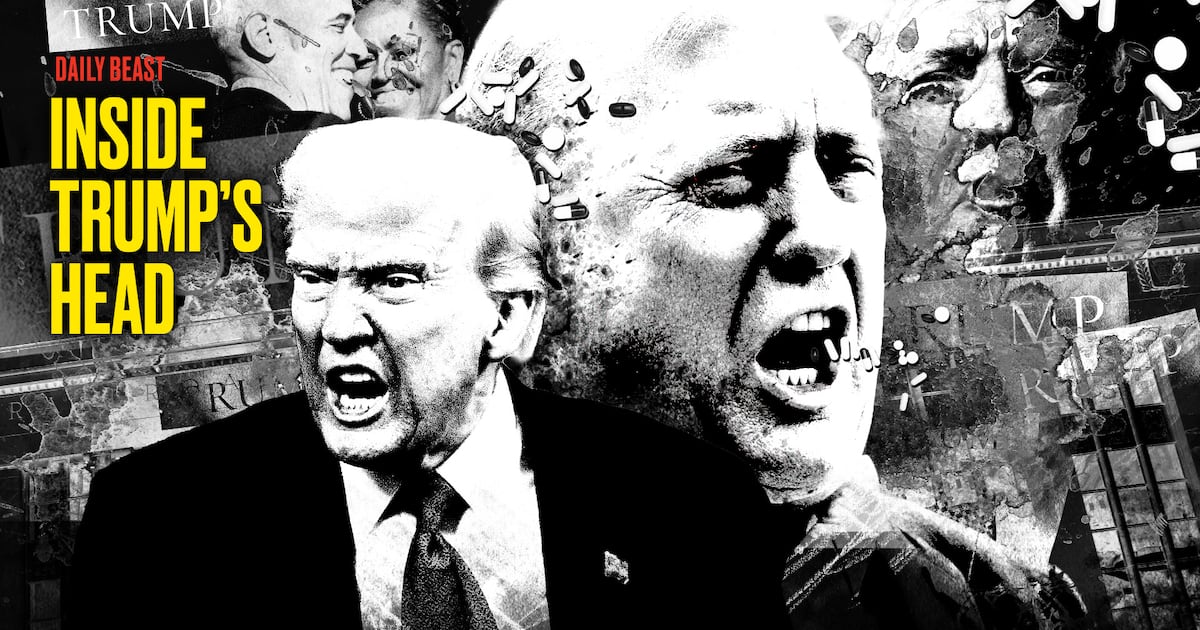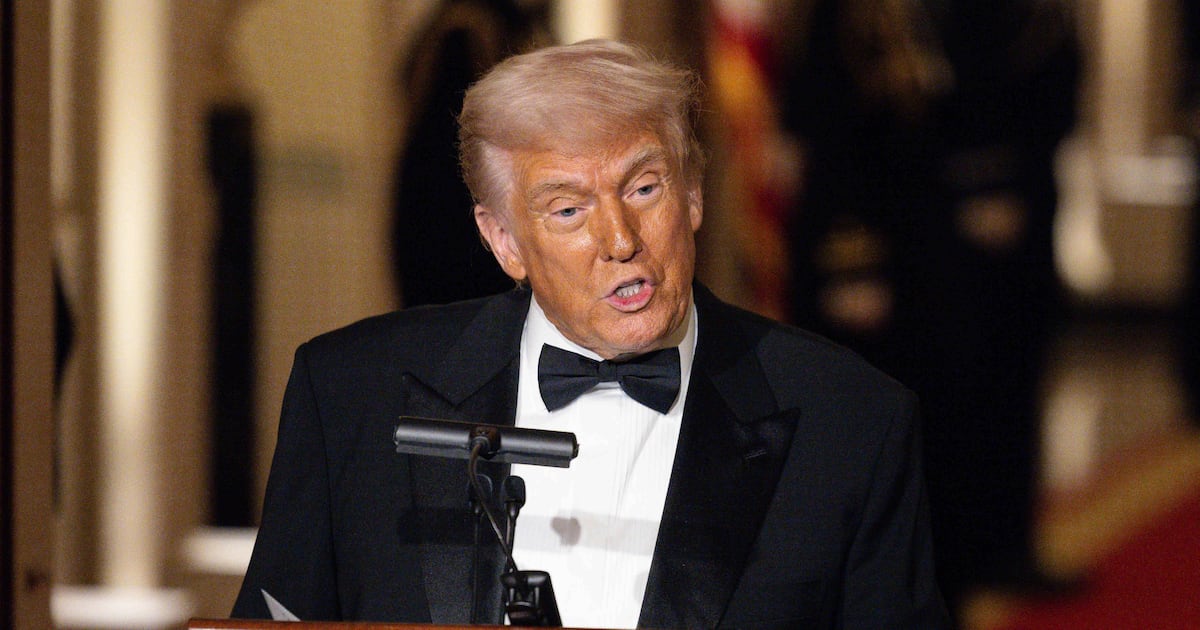
You might think, judging from the press reports, that the Chinese people have spent the past few days rising up en masse against the Hong Kong movie star Jackie Chan, who said in a speech on China’s Hainan Island last Saturday that he doubted freedom was the proper condition for China. To be exact, Chan said he wasn’t sure if freedom was a good thing for the Chinese people. After all, too much freedom had created “chaotic conditions” on Hong Kong and Taiwan, and that fact, the martial-arts comedian who has made more than 100 movies said, has him “beginning to feel that we Chinese people need to be controlled.”
Chan’s remarks reignited what is actually an old and fundamental question about whether Western-style freedoms are culturally specific to the West, or are universal values appropriate for everybody.
For someone as famous as Chan is (his Facebook fan page alone has almost 1.4 million members), such a sweeping and charged remark was bound to attract a lot of attention, even if it wasn’t exactly the “huge uproar” that Western wire-service reports claimed it to have generated. There were calls on Taiwan for a boycott of Chan’s movies, petitions signed by Chinese intellectuals complaining that he fails to appreciate how precious a gift freedom is, even a new Facebook group calling on Chan to be sent to North Korea, where he would experience plenty of control.
But what exactly the deeper feelings of the Chinese people were to the argument that they are too immature to have freedom is hard to say, not least because control of the press in China makes it difficult to gauge public opinion with any precision. Certainly, as the massive demonstrations of 1989 showed, there are plenty of Chinese who yearn, or who yearned 20 years ago, for greater freedom, less propaganda, more democratic participation. But the fact is there was no “huge uproar” about Chan in China itself. A lot of the online commentary—and there are plenty of bloggers in China who do issue coded criticism of the regime and get away with it—was more in support of Chan than against him. Or, as one Chinese student studying for a master's degree in New York told me in the wake of the Chan episode, “Actually, most Chinese people think they already have enough freedom.”
It’s not hard to find people who complain rather vociferously, if in private, about China’s pervasive interference in intellectual and cultural life, the control of the press, the abuse of power by the police. But China is also a society where the government’s warning that a Western-style democracy would produce “social disorder” has a good deal of credibility. China is a country of roaming bands of unemployed, of poor country people with complaints about land seizures, and of workers angry about unpaid wages. And it’s not only party leaders who worry that, without a strong hand, things could quickly get out of control—as they did, in the clear majoritarian view, in Tibet last year when there were riots in the streets and attacks on ethnic Han Chinese. Public opinion in China was clearly of the view that the unrest was due to the failure of Tibetans to appreciate all the wonderful things Chinese rule has brought to them, not the oppressiveness and violence of China’s policies.
Specifically regarding Jackie Chan, Chinese Web sites in the last few days have abounded in comments that support his point of view. Chan, one blogger said, appreciates a strong hand because he had one in his martial-arts classes when he was a boy, and that’s what made him a big star today. Other bloggers said that Hong Kong and Taiwan are indeed "chaotic,” just as Chan said they were, and they cited the arrest of ex-President Chen Shuibian on corruption charges and a recent violent confrontation in Taiwan’s legislature to support that portrayal. “I have to say that I cannot deny that the Chinese people need to be controlled,” a popular blogger named Han Han wrote at the end of the week. Han, whose blog about Chan got more than a million hits, compared China to a restaurant, which needs to have a boss to run properly and can’t if the waiters or the customers take over. He went on to say that China’s officials need to serve the people rather than the other way around, which seemed an indirect comment on the prevalence of corruption in China, but he had no fundamental quarrel with Chan.
Looked at from the historical perspective, Chan’s remarks reignited what is actually an old and fundamental question about whether Western-style freedoms are culturally specific to the West, or are universal values appropriate for everybody. We in the West tend to assume the latter, and, in my view, we are right. But it wasn’t that long ago that Lee Kuan Yew, the Singaporean strongman, stung by criticism of his country’s human-rights record and its banning of such things as gum chewing and over-the-ear hair on men, encouraged the notion of “Asian values” as opposed to Western ones, meaning that in Asia the stress is on stability and social cohesion rather than on individual liberty. That’s certainly the philosophy of the Chinese Communist party, and it also seems to be the philosophy of Jackie Chan, who has never used his celebrity to support Hong Kong’s own democracy movement or to speak out for human rights. Maybe, as some of his critics were suggesting last week, the position he took on Hainan last weekend is part of a cynical ploy on his part to curry favor with China’s authorities and get the ban on his latest film— Shinjuku Incident, which was deemed too violent for Chinese audiences—lifted. But currying favor with powerful officials is another old Chinese tradition, provoking less outrage there than it would in the West.
Richard Bernstein is a writer based in New York. He was a critic and foreign correspondent for The New York Times for 24 years. His new book, The East, the West, and Sex: A History of Erotic Encounters, will be published by Alfred A. Knopf in June.
